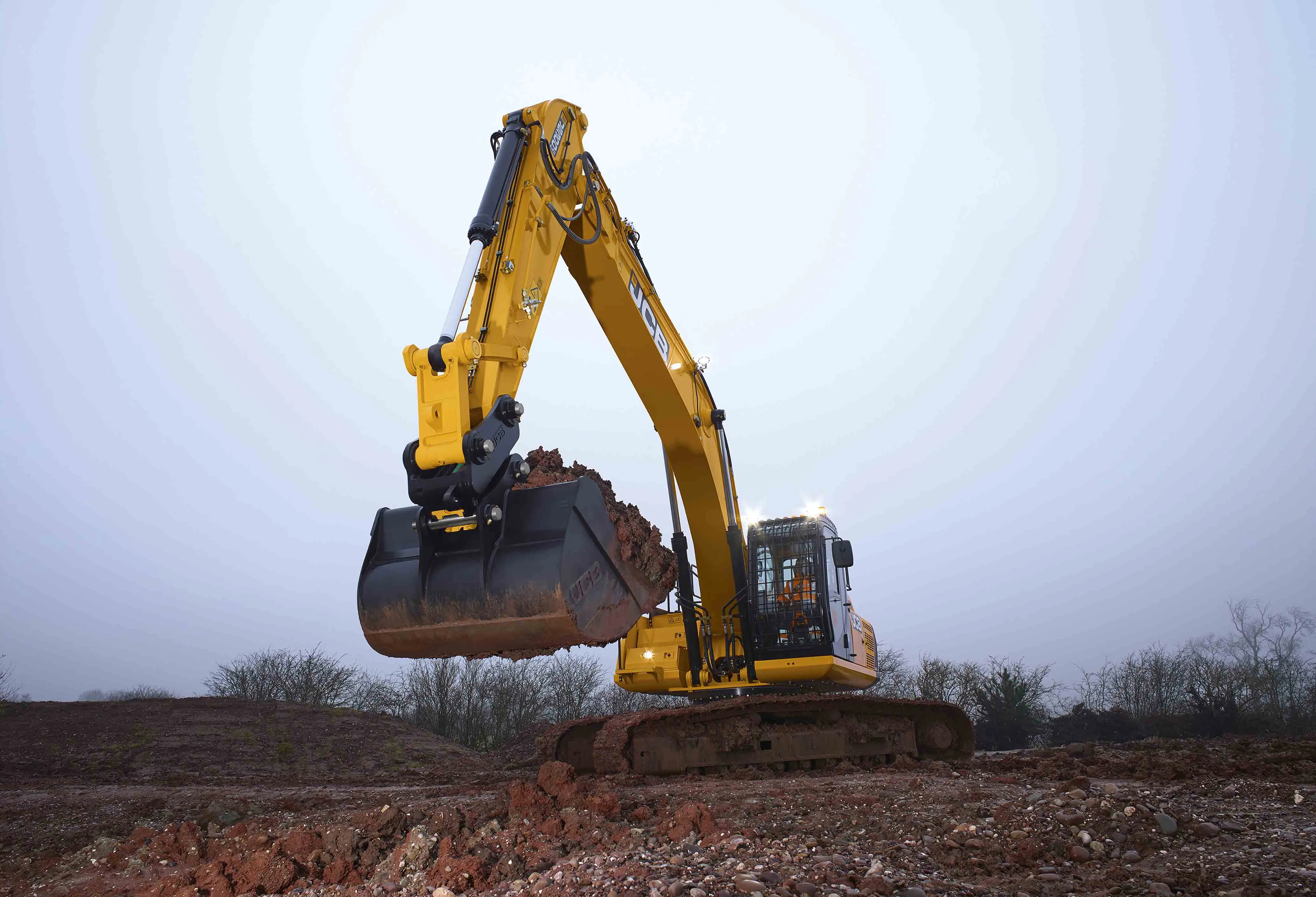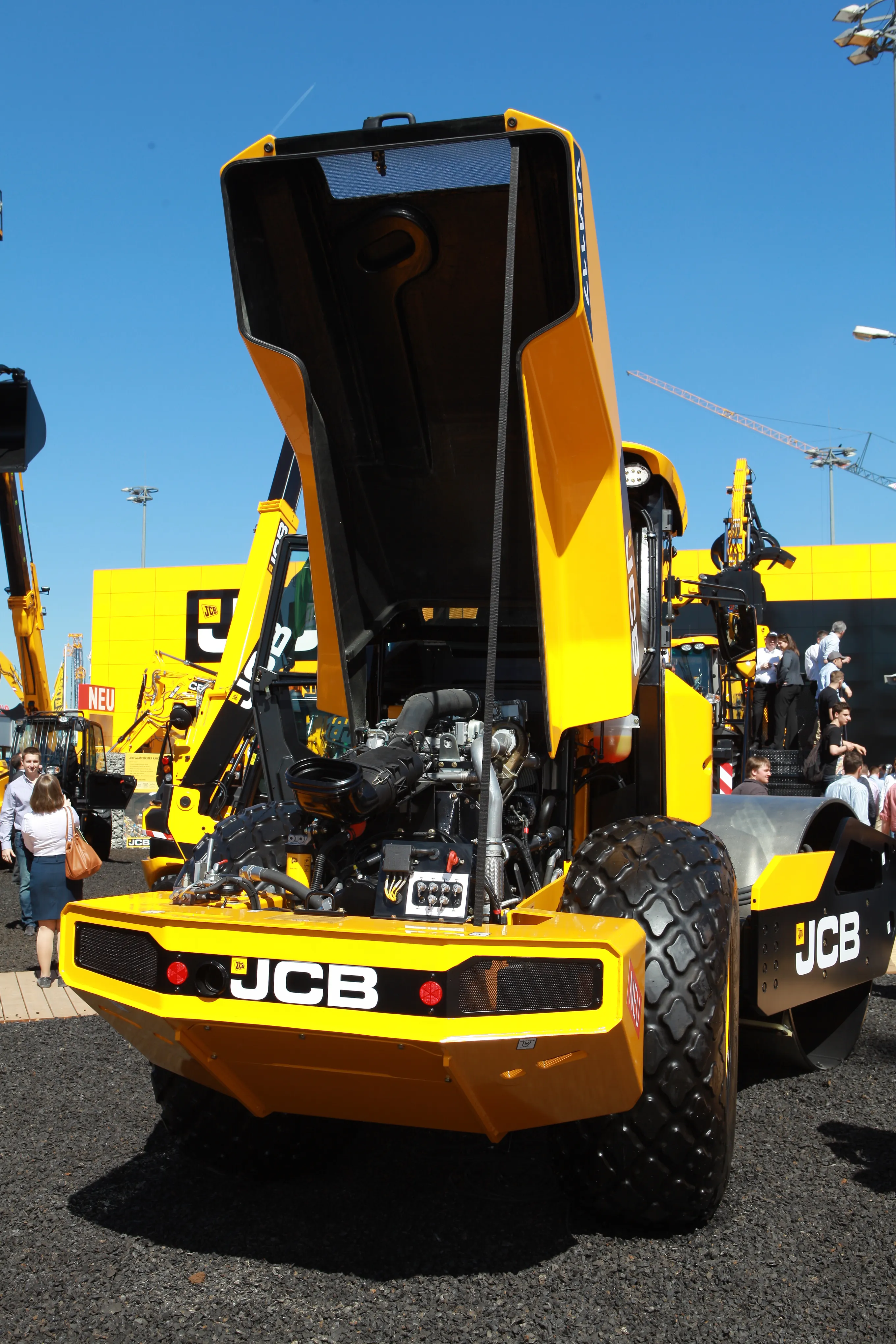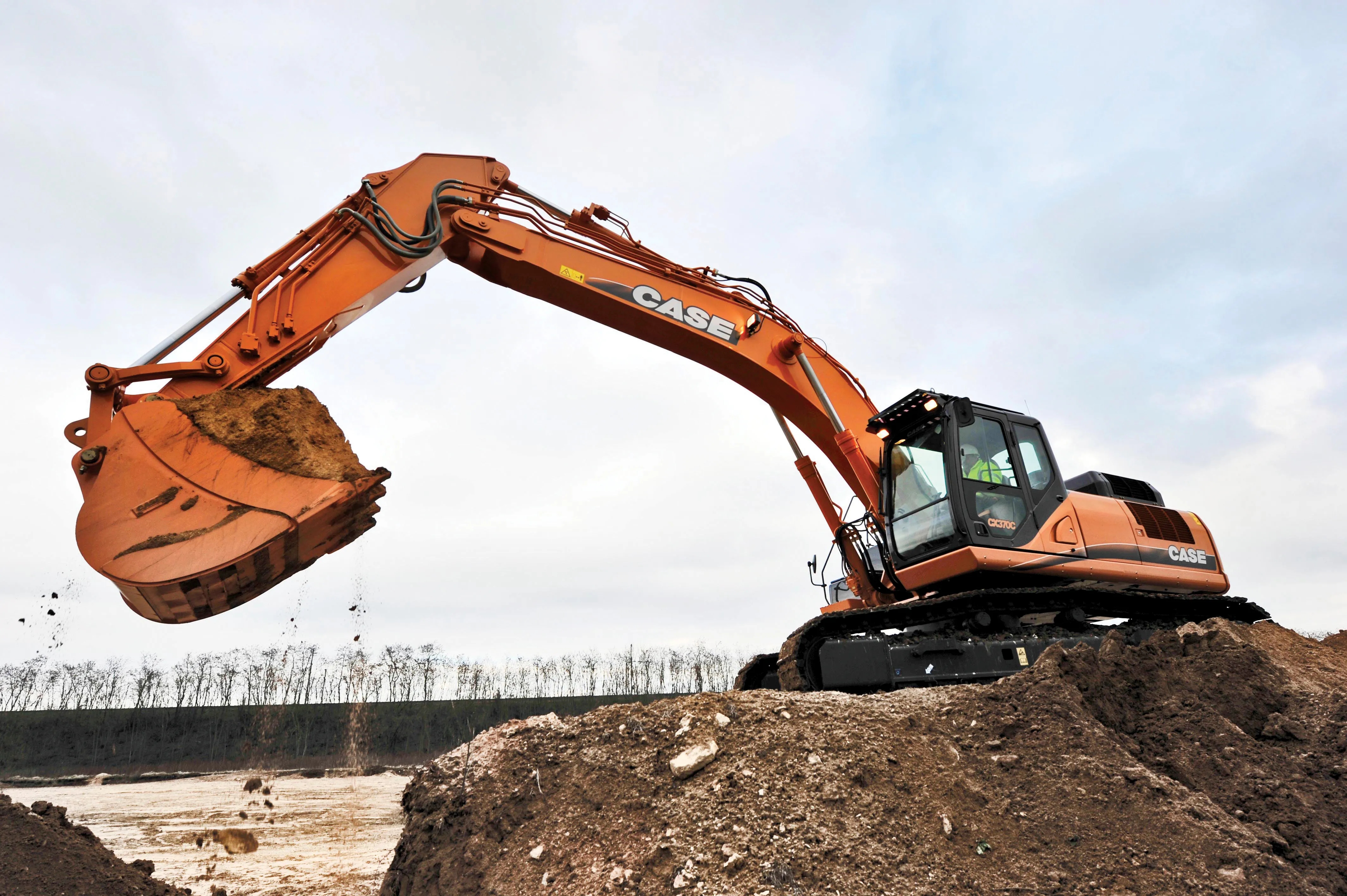JCB says it is boosting the fuel efficiency, productivity and performance of its heavier crawler excavators with the installation of Tier 4 Final diesel engines.
The six-cylinder, 7.7litre MTU 6R1000 engine, already proven in JCB’s largest wheeled loader, will be used in the JS300 and JS330, along with the JS370, which will be on display.
The diesel engine is a turbo-charged and inter-cooled power plant delivering 180kW in the JS300 and 210kW for the JS330 and JS370 models.
The machines incorporat
February 24, 2017
Read time: 2 mins

The six-cylinder, 7.7litre
The diesel engine is a turbo-charged and inter-cooled power plant delivering 180kW in the JS300 and 210kW for the JS330 and JS370 models.
The machines incorporate Selective Catalytic Reduction (SCR) within the exhaust system, with dosing of a urea-based Diesel Exhaust Fluid (DEF) to reduce NOx emissions by almost 90%.
The company says that this system allows the engine to meet Tier 4 Final without having to use a Diesel Particulate Filter (DPF), reducing cost and service complexity for the customer.
Their introduction means fuel savings for customers of up to 10% on the JS370 and 5% on the JS300 and JS330.







